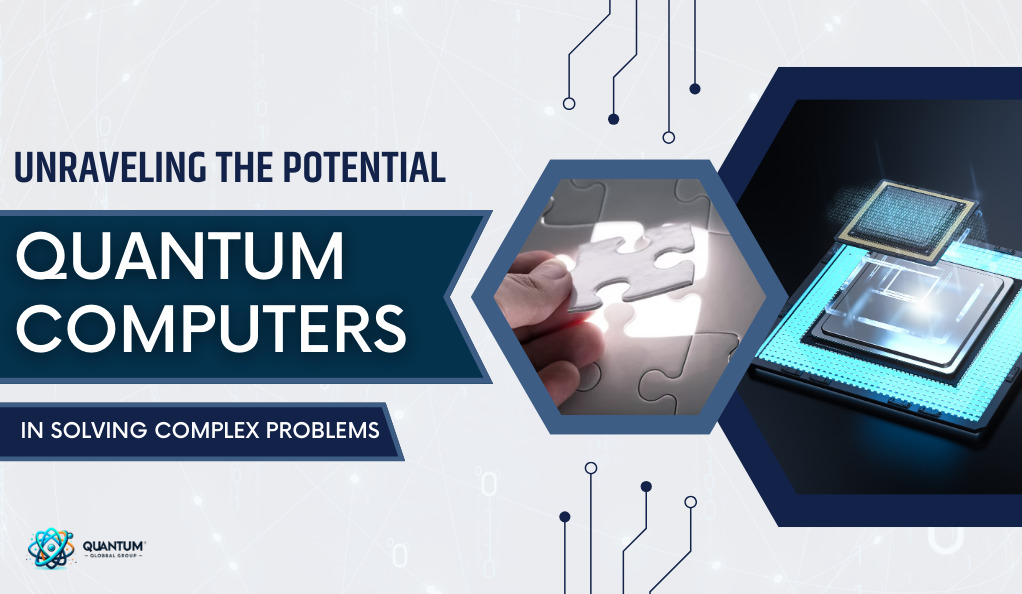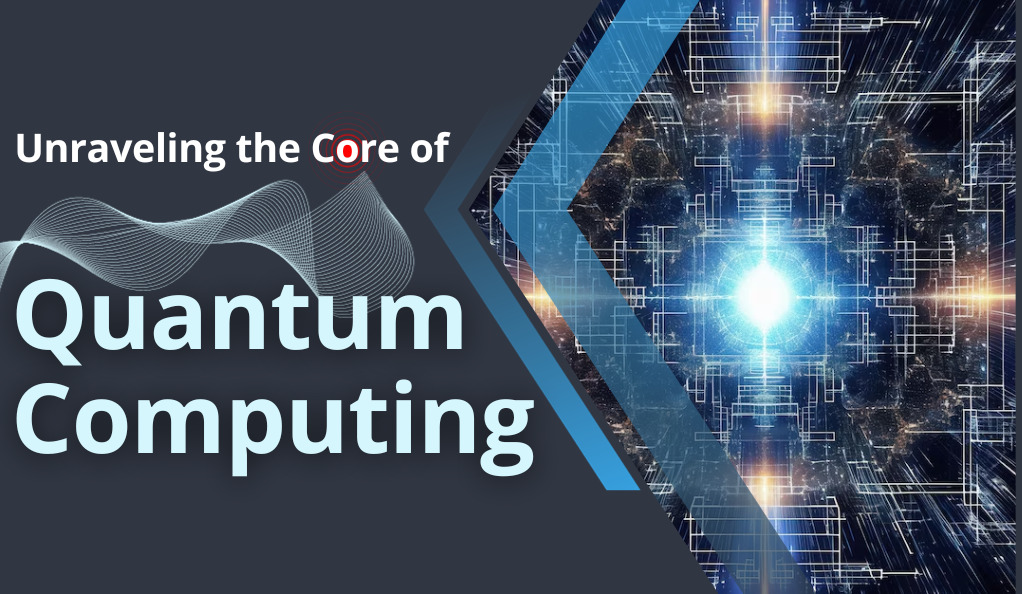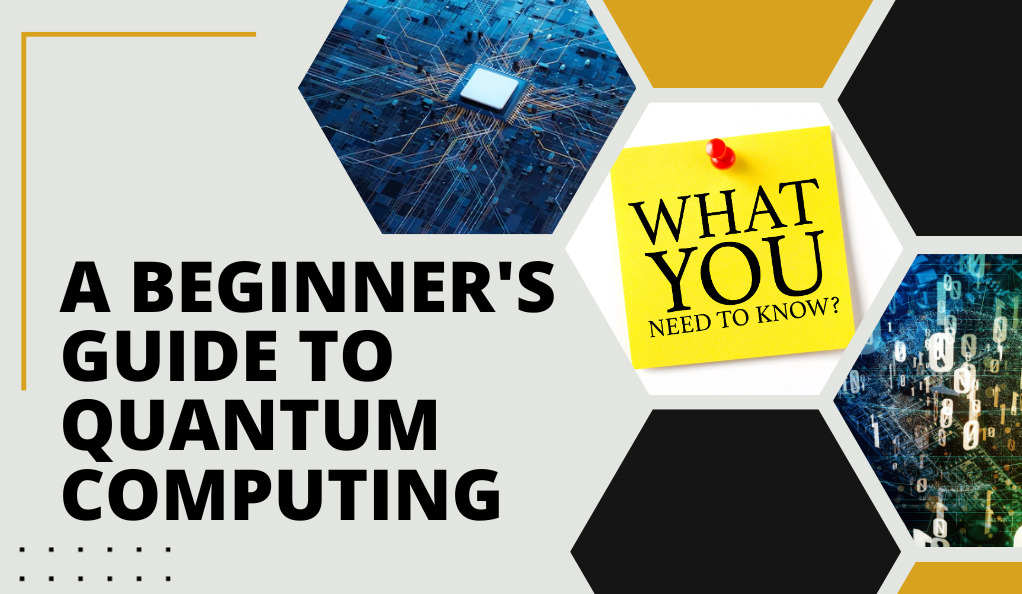In today’s rapidly evolving technological landscape, the term “quantum computing” has emerged as a buzzword, promising to revolutionize the way we approach and solve complex problems. But what exactly is quantum computing, and how does it differ from the classical computing we’re familiar with?
Classical vs. Quantum Computing
At its core, classical computing relies on bits as the smallest unit of data, which can either be a 0 or a 1. Every operation, from simple arithmetic to rendering graphics, boils down to a series of bit manipulations. Quantum computing, on the other hand, introduces a new kind of data unit: the qubit. Unlike bits, qubits can exist in a state that is a combination of both 0 and 1 simultaneously, thanks to a phenomenon known as superposition.
| Aspect | Classical Computing | Quantum Computing |
|---|---|---|
| Basic Unit | Bit (0 or 1) | Qubit (0, 1, or both) |
| State | Deterministic | Probabilistic |
| Key Phenomena | Logic Gates | Superposition, Entanglement |
| Processing Power | Limited by number of bits | Exponential with added qubits |
This ability of qubits to exist in multiple states simultaneously allows quantum computers to process vast amounts of information at once. Imagine trying to find a needle in a haystack. A classical computer would examine each straw one by one, while a quantum computer could examine all straws at once, dramatically speeding up the search process.
The Significance of Solving Complex Problems
Complex problems, such as simulating the behavior of large molecules or optimizing global supply chains, have remained out of reach for classical computers due to their sheer computational requirements. Quantum computers, with their inherent parallelism, hold the promise of tackling these challenges head-on. Their potential applications span various fields, from cryptography to medicine, and their successful implementation could lead to breakthroughs previously deemed impossible.
Fundamentals of Quantum Computing
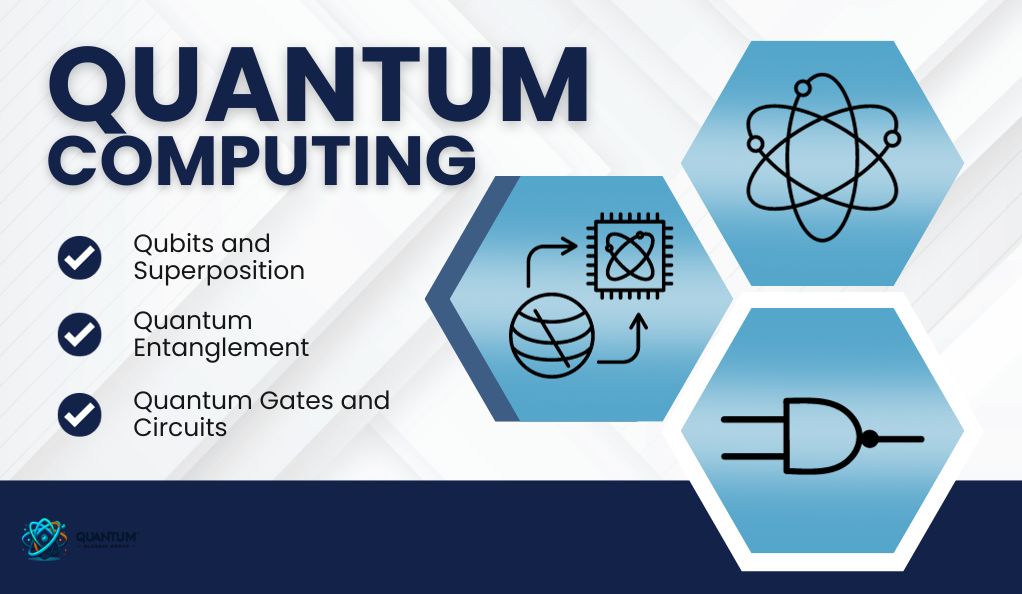
Quantum computing represents a paradigm shift in the realm of computational capabilities, leveraging the principles of quantum mechanics to process information in ways that are fundamentally different from classical computers.
Qubits and Superposition
At the heart of quantum computing are qubits, the quantum equivalent of classical bits. However, unlike bits that can be either 0 or 1, qubits can exist in a superposition of both states simultaneously. This superposition property enables a quantum computer to represent and process a vast amount of information at once.
Quantum Entanglement
Another cornerstone of quantum computing is entanglement, a quantum phenomenon where qubits become interconnected and the state of one qubit instantly influences the state of the other, regardless of the distance between them. This interconnectedness allows for faster and more efficient information transfer.
Quantum Gates and Circuits
Quantum computers perform computations using quantum gates and circuits. Quantum gates manipulate the state of qubits, and when combined into circuits, they can perform complex computations. Unlike classical gates, quantum gates operate on the principles of superposition and entanglement, enabling a richer set of operations.
Advantages of Quantum Computing in Problem Solving
The unique properties of quantum computing confer several advantages when it comes to solving complex problems.
Speed and Efficiency
Quantum computers can process vast datasets simultaneously due to superposition, leading to exponentially faster computations compared to classical computers. This speed is particularly beneficial for problems that require exploring a large solution space, such as optimization problems and simulations.
Tackling Previously Impossible Problems
There are problems that are currently deemed too complex for classical computers to solve within a reasonable timeframe. Quantum computers, with their ability to handle and analyze large datasets simultaneously, have the potential to solve these problems, opening up new possibilities across various fields.
Real-World Applications
- Quantum computing is not just a theoretical concept; it has practical applications.
- For example, in cryptography, quantum computers could break current encryption methods, while also helping to create new, more secure encryption techniques.
- In medicine, they could simulate molecular structures to aid drug discovery, and in logistics, they could optimize complex supply chains for efficiency.
Current State of Quantum Computing
The journey of quantum computing from theoretical concept to practical application has been both exciting and challenging. Significant progress has been made, with numerous tech giants and startups alike investing heavily in developing quantum computers.
Progress and Achievements
Researchers have successfully built quantum computers, demonstrating their potential to solve specific problems faster than classical computers. Companies like IBM, Google, and Microsoft have made their quantum computers accessible via cloud platforms, allowing developers and researchers worldwide to experiment and develop quantum algorithms.
Challenges and Limitations
Despite the progress, quantum computing is still in its infancy, and several challenges remain. Qubits are highly susceptible to external disturbances, leading to errors in computations. This issue of quantum decoherence and error correction is a significant hurdle that researchers are actively working to overcome. Additionally, creating stable qubits and scaling up the quantum computer’s size while maintaining its performance is a complex task.
Notable Quantum Computers
Several notable quantum computers have made headlines in recent years. Google’s Sycamore processor achieved quantum supremacy, demonstrating the ability to perform a specific task faster than the world’s most powerful supercomputers. IBM’s Quantum Hummingbird and Quantum Eagle are part of their ambitious roadmap to build a scalable quantum computer.
Quantum Computing in Specific Industries
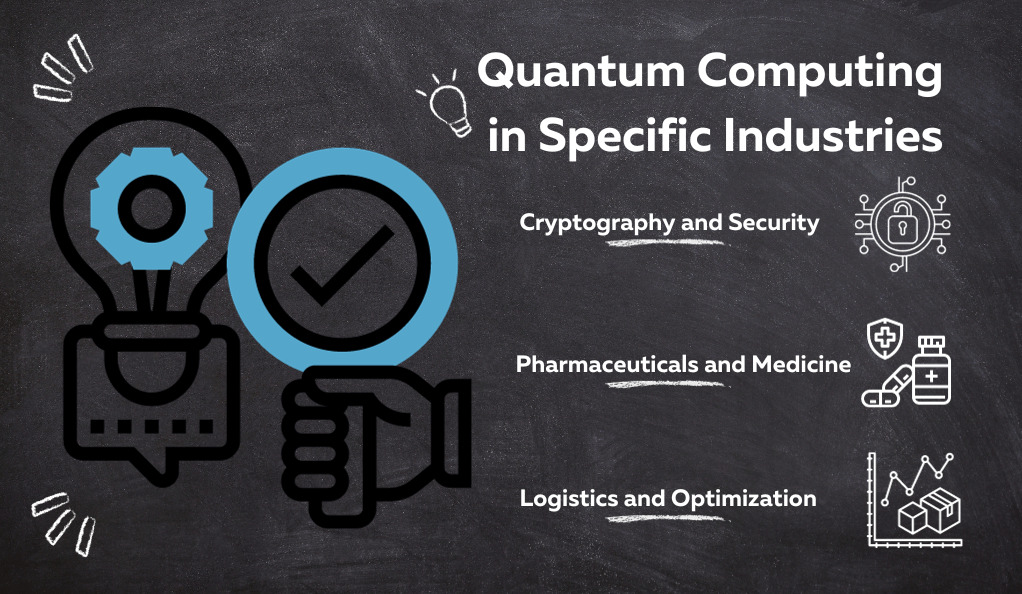
The potential applications of quantum computing span across various industries, promising to revolutionize the way we solve complex problems.
Cryptography and Security
Quantum computers pose a significant threat to current encryption methods, as they could potentially break them in a fraction of the time it would take classical computers. However, they also pave the way for quantum cryptography, which could provide a new level of security.
Pharmaceuticals and Medicine
- In the pharmaceutical industry, quantum computers could simulate molecular interactions in great detail.
- This capability would aid in drug discovery and development.
- Quantum computing could lead to breakthroughs in understanding diseases and creating new treatments.
Logistics and Optimization
Quantum computers have the potential to optimize complex systems, such as global supply chains, traffic flow in smart cities, or energy distribution. These optimizations could lead to significant cost savings and efficiency improvements.
Future Prospects and Developments
The future of quantum computing is bright, with ongoing research and development promising to unlock even more of its potential.
Anticipated Advancements
As technology advances, we can expect to see more stable qubits, larger quantum computers, and more sophisticated quantum algorithms. These advancements will further enhance the capabilities of quantum computers and expand their applications.
Potential Breakthroughs
The continued development of quantum computing could lead to breakthroughs in various fields, from material science to artificial intelligence. The ability to process and analyze large datasets at unprecedented speeds could unlock new possibilities and solutions to complex problems.
Conclusion
Quantum computing represents a leap forward in our computational capabilities, offering unparalleled speed and efficiency in solving complex problems. From cryptography to medicine, its potential applications are vast and transformative. As we continue to navigate the challenges and unlock the full potential of quantum computing, we stand on the brink of a new era of innovation and discovery. The future is quantum, and it holds the promise of a brighter, more efficient world.

